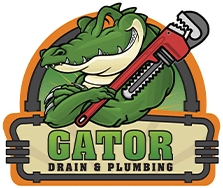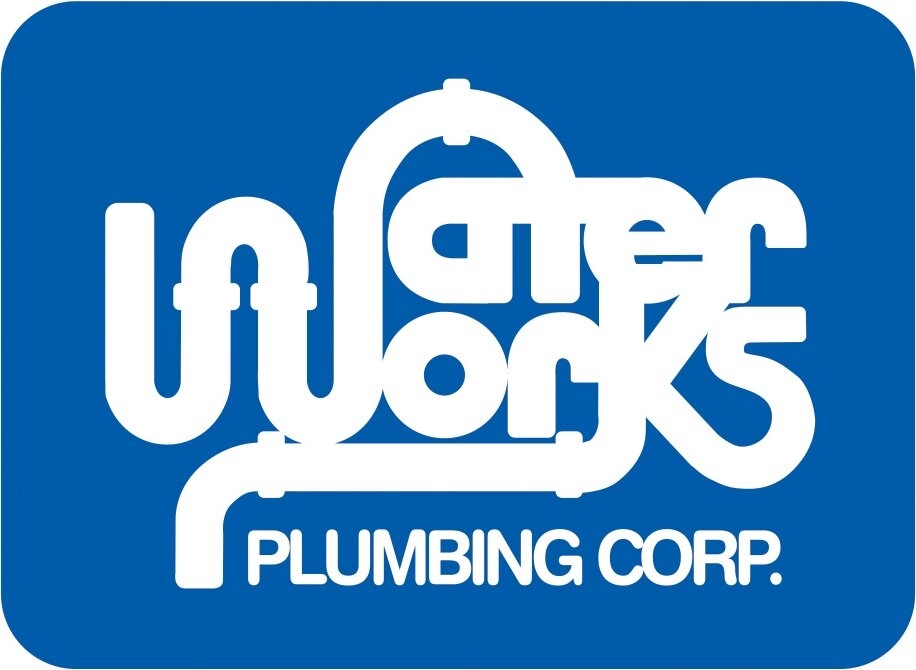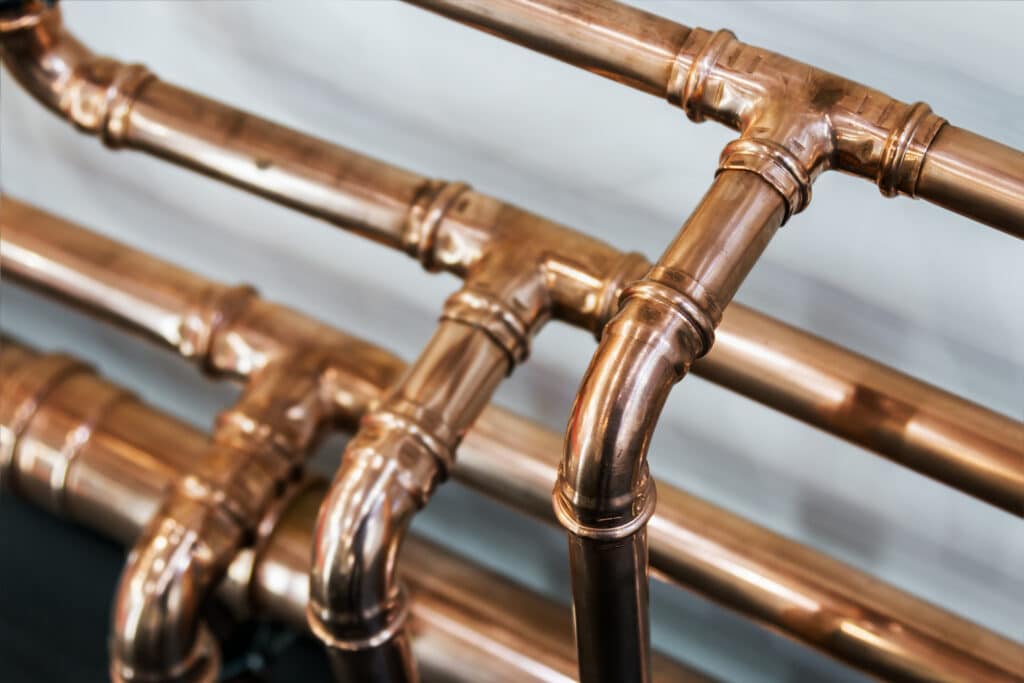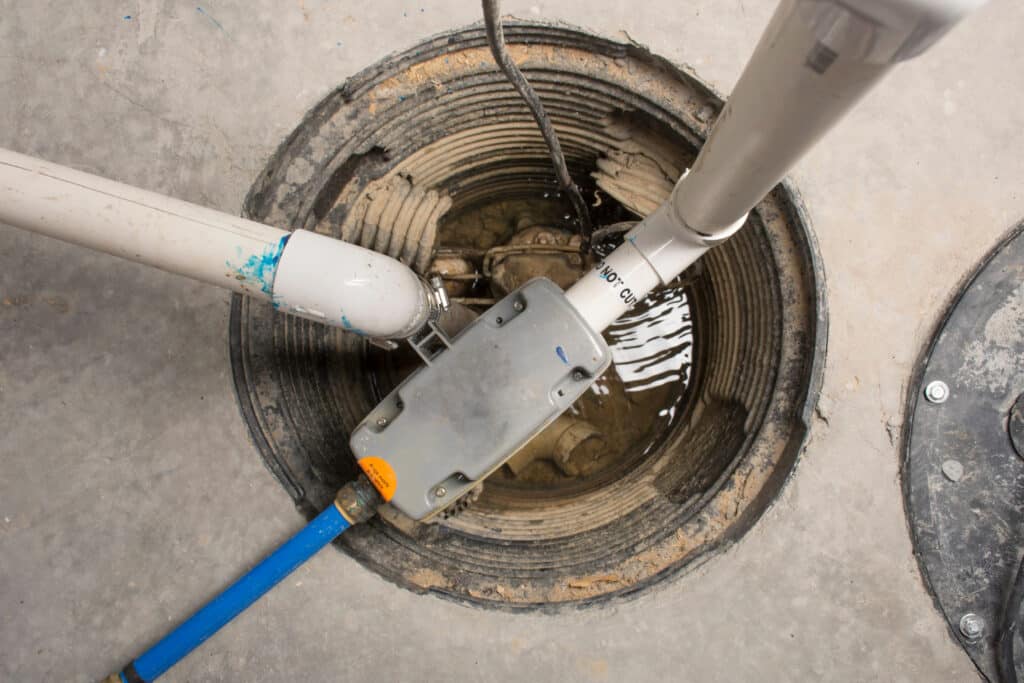Common Types of Plumbing Services
Most Cape Coral plumbers provide the following services.
Leak Repair
Ensure leaks are repaired as soon as possible, because even a trickling faucet can drive up your water bill. All plumbers are trained to repair leaks as well as identify the cause and prevent future leaks.
Drain Cleaning
Debris can clog pipes and cause damage, poor drainage, and breaking. In some cases, an unattended clog can cause significant water damage to your property. Professional plumbers are trained to find and identify the cause of clogs, as well as remove them without damaging your system.
Bathroom Installation
A plumber can install a sink, toilet, shower, or tub or replace an existing one. Be sure to thoroughly vet any plumber you choose for an expensive project. Look for a licensed contractor with at least a few years of industry experience and good customer reviews.
Gas Inspection and Installation
You may be able to find a plumber to fix gas leaks. These individuals are trained to install, repair, and detect problems in gas pipes and appliances, such as hot water heaters, ovens, and stoves. These types of services come with risks, so be sure to hire a highly credentialed plumber.
Inspection and Maintenance
We recommend scheduling yearly inspections to help prevent inconvenient or costly plumbing problems. Household plumbing undergoes lots of wear and tear, especially if there are multiple people under one roof. Regular plumbing inspections can help catch issues before they get out of hand.
Emergency Plumbing Services
Look for a plumber that also offers emergency services. Few things are worse than having a plumbing problem in the middle of the night, whether a broken toilet or burst pipe. Many plumbing contractors can provide emergency services, so you won't have to wait until morning to get the problem fixed.
How Much Does a Plumber Cost in Cape Coral?
Plumbing prices are based on a number of factors, such as the following:
- Amount of labor required
- Plumber expertise (apprentice, journeyman, or master)
- Project complexity
- Required permits
- Time of day (after-hours services cost more)
- Your location
| Repair Type | Average Cost |
|---|---|
| Garbage disposal repair | $246 |
| Toilet repair | $246 |
| Faucet replacement | $308 |
| Radiator repair | $308 |
| Clearing clogs/drain snaking | $370 |
| Leaking pipes | $370 |
| Water softener installation | $431 |
| Gas line repair | $493 |
| Water heater repair | $555 |
| Sink installation | $616 |
| Sump pump repair | $616 |
| Toilet installation | $616 |
| Water heater installation | $1603 |
| Burst pipe | $3084 |
How to Choose a Plumbing Service in Cape Coral
Be sure to hire a plumber that fits your budget and provides top-quality services. Here are some important considerations when selecting a Cape Coral plumbing company.
Reputation and Reviews
Before signing a contract with a plumber, ask to see proof of business insurance as well as their license from the Florida Department of Business and Professional Regulation. Anyone that does work on your home should be properly credentialed. You should also look at reviews to hear whether past customers have been satisfied with the plumber's work.
If you hire a union plumber, you may find yourself paying more for labor. However, homeowners often prefer to hire professionals from unions, as it means the individual has been thoroughly vetted.
Services Offered
Use a company's website to verify that it offers the plumbing repairs you need. Not all companies provide or are qualified to do all types of jobs. We recommend asking about a contractor's experience with your project type to determine if they can meet your plumbing needs. You might want to ask for photos of finished projects.
Cost
Try to prioritize work quality over cost as much as your budget allows. Get price estimates from at least three local plumbers, then compare rates and services offered. Find the one that best balances price and quality.
Ready to Get a Quote on Your Plumbing Project?
Please enter a valid 5-digit zip code!
Frequently Asked Questions About Plumbing in Cape Coral
How much does a plumber cost in Cape Coral?
Is it important to get a quote from a plumber?
How do I hire a professional plumber?
What are the most common types of plumbing issues?
Do you tip plumbers?
To share feedback or ask a question about this article, send a note to our Reviews Team at reviewsteam@thisoldhousereviews.com.















